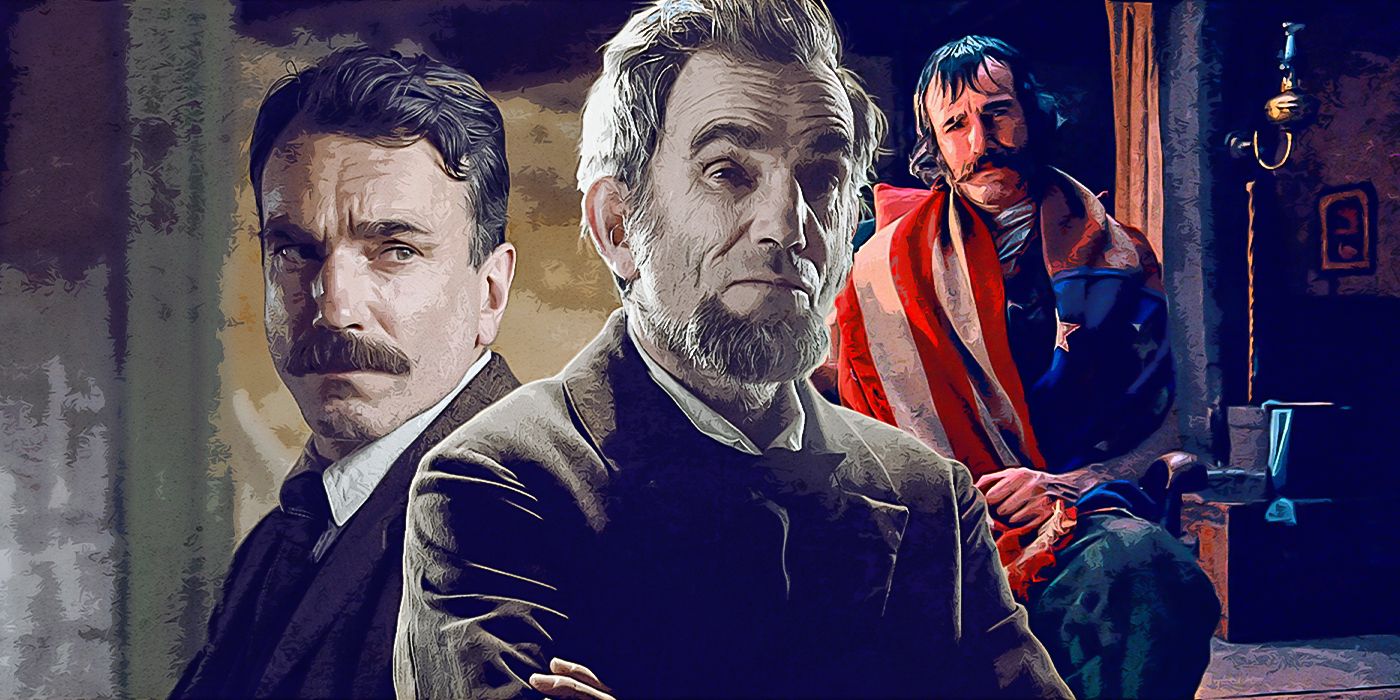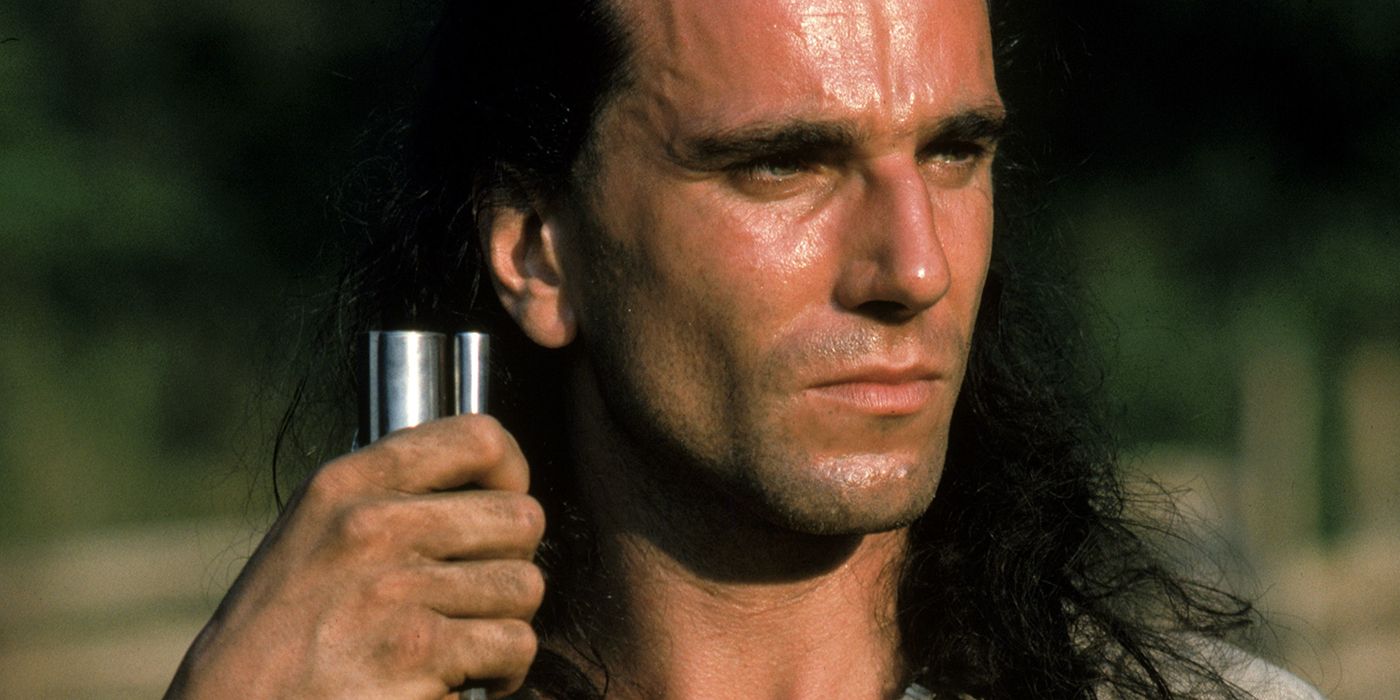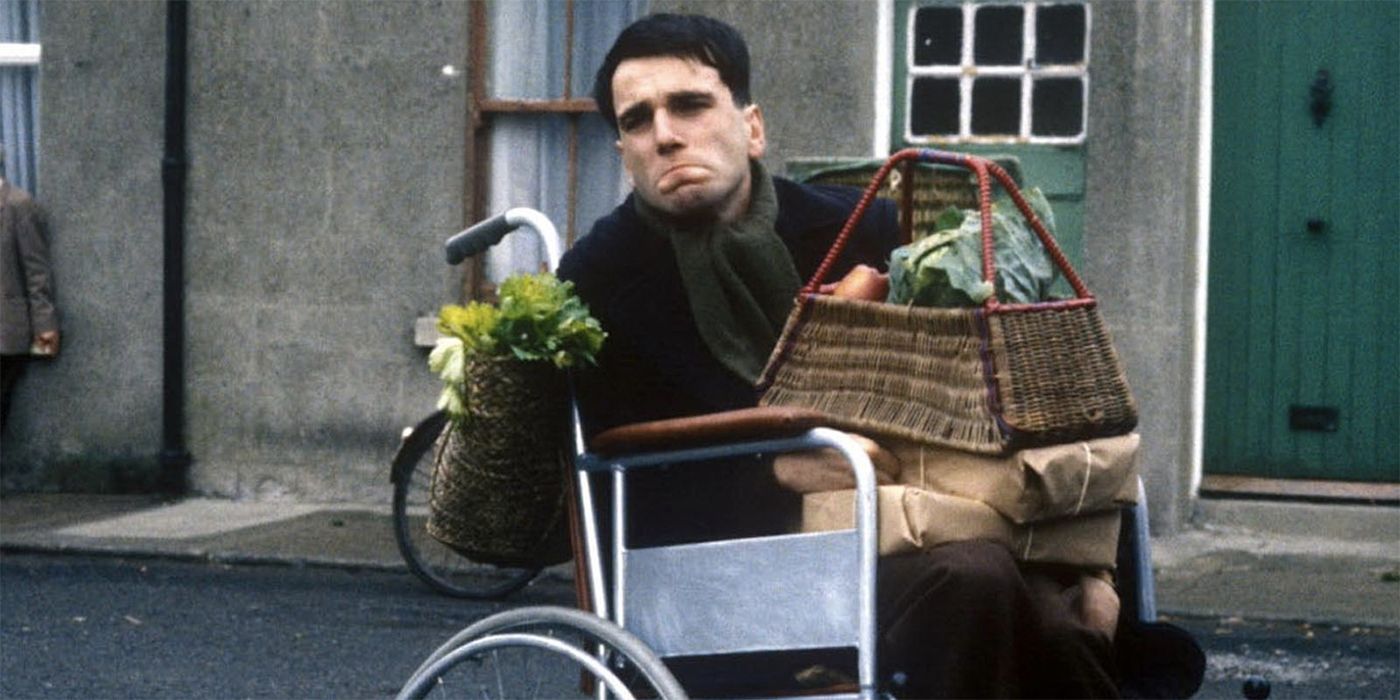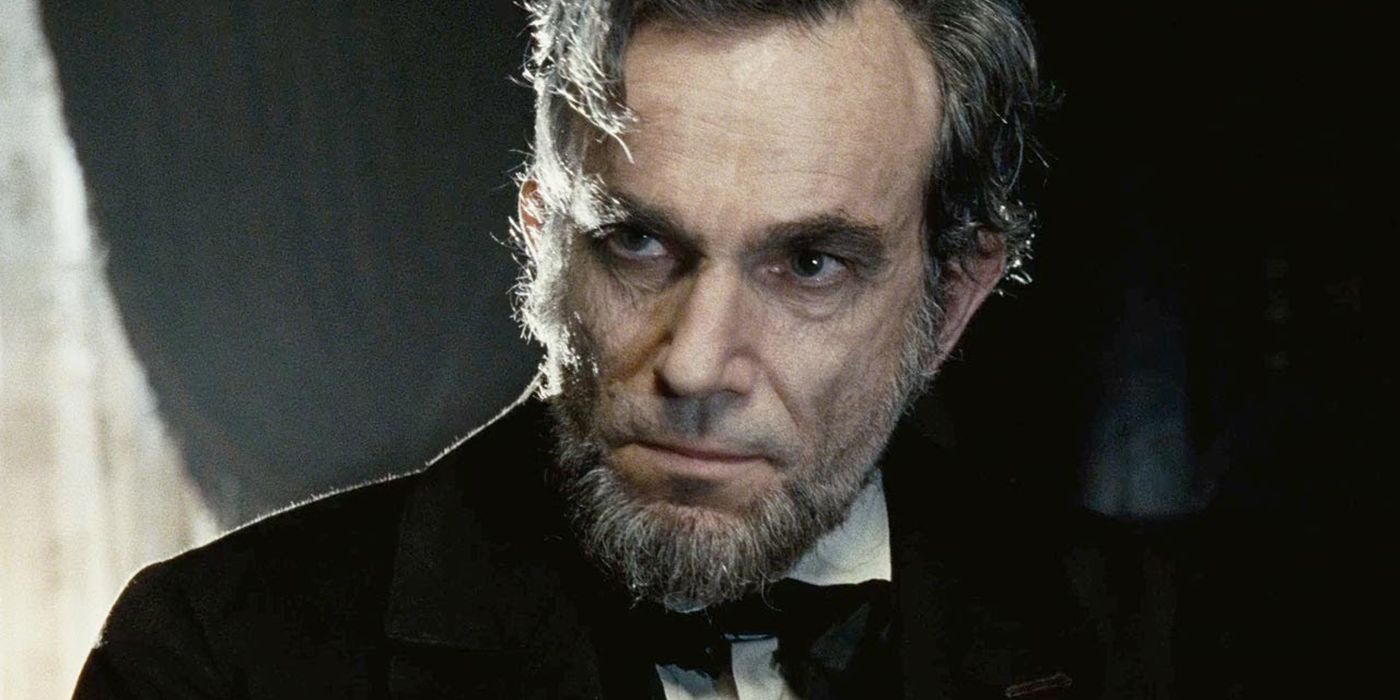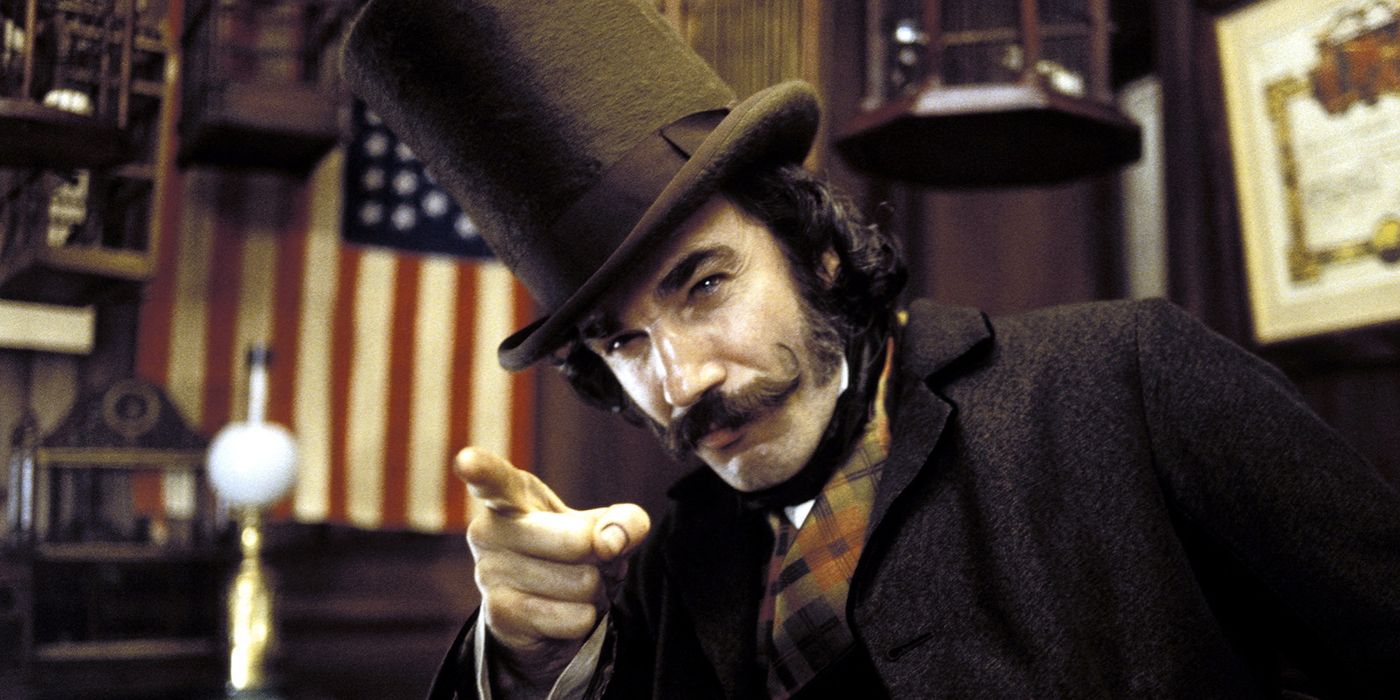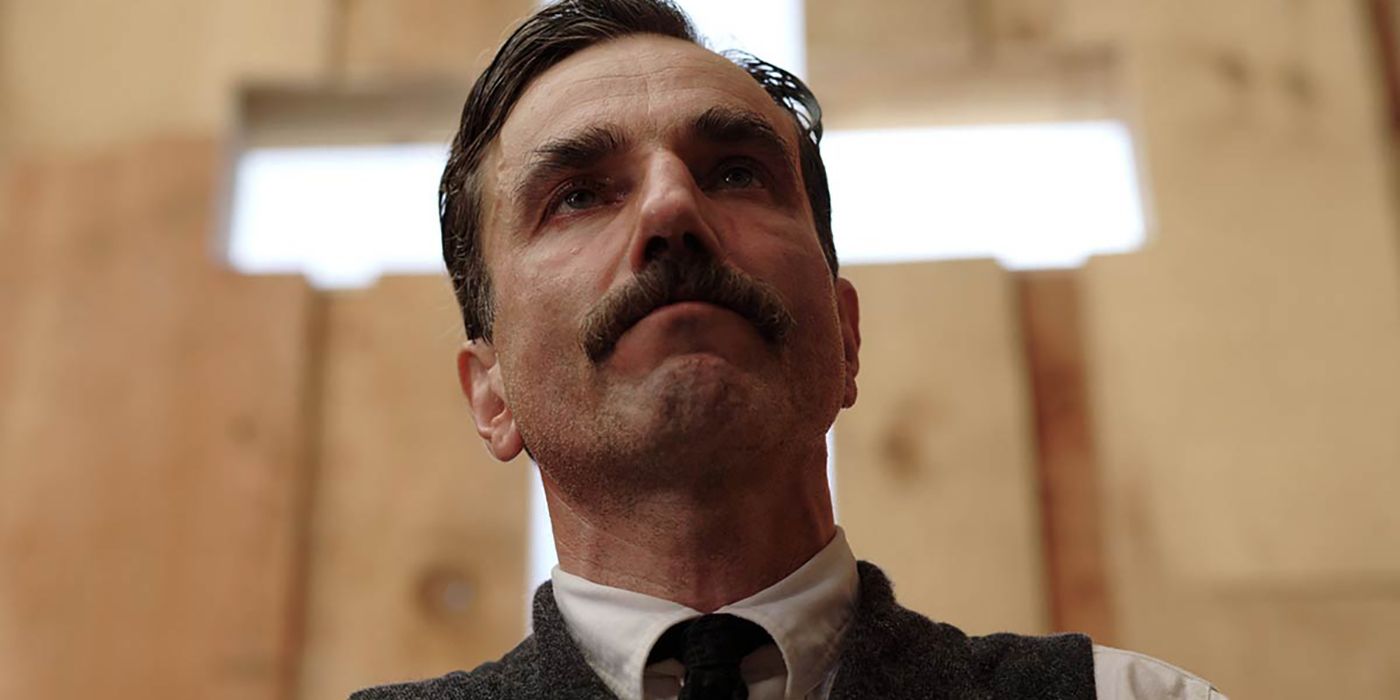We all know that it’s never smart to have too much of a good thing. And when it comes to the performances of Daniel Day-Lewis, there is no choice but to accept this as fact. Since the late 80s, the English/Irish method actor has assembled a relatively short list of credits, all while torturing his fans with the ongoing threat to retire from performing altogether. Well, the threats became reality in the mid-90s (after filming The Boxer) when Day-Lewis stopped acting to become a shoemaker.
However, the six-time best-actor nominee cobbled his last shoe in the early 2000s to come back and give us a few more genius performances, as well as take a quick trip back to London to get knighted by Prince William at Buckingham Palace. Today, fans are once again living in a world where Day-Lewis’s retirement is a harsh reality. In 2017, not long after his final film, Phantom Thread, was released, he left the world of acting for a second time. And this time, it seems that it might stick.
Thankfully, Day-Lewis left us with standalone performances that have been broken down and studied within countless acting classes. Whittling his résumé down like a woodworker (yeah, he was that too), was a challenge, but here are some essential performances that can be watched over and over again.
5. Hawkeye (Nathaniel Poe), The Last of The Mohicans
Three whole years after his first Oscar win for My Left Foot (more on that below), attention was focused on Day-Lewis when Michael Mann’s big-budget 18th Century epic, The Last of Mohicans, was released in 1992. The film, set during the French Indian War, can be thoroughly enjoyed for just its majestic cinematography and musical scores, alone. However, the bright star of the production is Day-Lewis, who plays the white adopted son of a Native American tribe leader that agrees to help guide two English sisters who are traveling across his land.
Although using his method of preparation from the very start of his career, mainstream audiences were now exposed to Day-Lewis’ commitment to character from the inside out. Revealed in later interviews, Day-Lewis spent an unknown amount of time learning to survive in the wilderness on his own, including firing musket guns, skinning animals, and building shelter. This self-imposed training was the life force that drove his performance as Hawkeye, a passionate and deadly tribe leader whose wilderness skills only matches the love he develops for the woman he promises to protect. The moment Hawkeye requests his love to stay alive for him to find her, the rest of us had our own request: You better.
4. Christy Brown, My Left Foot
What more can be said about a performance that gave Day-Lewis his first Oscar win by playing a character able to only use one appendage? My Left Foot, director Jim Sheridan’s adaptation of Christy Brown’s autobiography, tells the story of Brown’s life as a man who’s suffered from severe cerebral palsy since childhood. In the film, Day-Lewis portrays how Brown pushed through this difficult life to become a writer and artist. The film was not only recognized for Day-Lewis’ performance, but was also nominated for five Academy Awards, including best picture, and director.
Once again, Day-Lewis’ pre-production research helped bring life to the role, as he spent a great deal of time with the real Christy Brown, as well as closely studying cerebral palsy patients. The most impressive part of this performance is how Day-Lewis takes a tragic and indescribably difficult impairment and shows audiences not only hope and determination but humor and emotion. Day-Lewis embraces the disability by embodying Christy Brown’s struggle, all while delighting us with a charming love story. With all that, this makes for a mandatory watch in all physical acting classes.
3. Abraham Lincoln, Lincoln
Imagine how eager high-school students would be if all history lessons were portrayed with films like Steven Spielberg’s Lincoln? Well, overall grades would most likely plummet. But still, the 2012 film earned 12 Academy Award nominations and gave Day-Lewis his third win for best actor for his portrayal of the larger-than-life President of the United States. Here, we had the unique case of both leading actor and director immersing themselves in intense research before production started in order to portray the 16th president accurately and emotionally. The film spotlights four months of Lincoln’s life, while he focused on abolishing slavery and writing the 13th amendment to the Constitution.
Like most of his past performances, Day-Lewis completely embodied the character. As if peeking through a window into the past, viewers are able to get a glimpse of what one of the United States' most memorable presidents was really like and what he went through to reverse slavery laws. With Lincoln, Day-Lewis perfectly blends together political clashes with heart-string pulling relationships with his wife and children. His portrayal of Lincoln is so mesmerizing that the film requires a second watch simply to focus on/understand the actual historical events the story is presenting.
2. Bill ‘The Butcher’ Cutting, Gangs of New York
Combined with the unique, in your face, storytelling of Martin Scorsese with the backdrop of Civil War-era New York and one would think this is an obvious formula for a masterpiece. However, when Gangs of New York was released back in 2002, audiences got to see the actual reason the film was receiving the praise that it was getting. Despite not even receiving the film’s top billing (which would go to stars Leonardo DiCaprio and Cameron Diaz) Daniel Day Lewis’s portrayal of villain Bill ‘The Butcher’ Cutting, is one of his best performances. In fact, his chilling embodiment of this ruthless gang leader overshadows a pretty good film that focuses on a side of 19th Century New York that not many people know much about.
Day-Lewis’ performance as Bill The Butcher leading his gang from the “Five Points,” goes far beyond historical accuracy. His character launches the audience into a mental game of ping-pong deciding whether to root for him or not. Day-Lewis gives Bill The Butcher qualities ranging from sympathetic father-type to full-on psychopath. Power-hungry and brutal, the actor utilizes every opportunity to portray a man who can somehow be both brutal and unforgiving while, at the same time, openly expressing emotions of love and even outright respect (especially for the Priest he killed). Despite being the film’s obvious villain, Day-Louis perfectly presents a difficult choice for the audience: to root for or against a character they can’t take their eyes off.
1. Daniel Plainview, There Will Be Blood
This Paul Thomas Anderson all-around masterpiece is a clinic for all theatrical departments. From the stunning cinematography to the eerie music, this film must be a requirement for film classes across the globe. Similar to The Last of the Mohicans, Day-Lewis’ performance in There Will Be Blood is almost lost within the perfect balance of quality work put into making this film. However, the obvious glue that is at the center of this production is Day-Lewis’ portrayal of Daniel Plainview, an oil tycoon, and his eventual rise to uber-success.
Without a doubt, this is one of the most perfect examples of a character's internal journey, which is linearly portrayed from start to finish of a film. Day-Lewis’ character starts off as an ambitious prospector sacrificing everything, including his very safety, to make a buck. Day-Lewis takes the audience on a journey with this character, combining his love for his son with the ruthless and unemotional qualities it takes to become the tycoon he wants to be. Balancing between success and tragedy becomes an internal war that eventually explodes all over the screen, resulting in a fascinating conclusion that can only be described as bloody satisfying.

